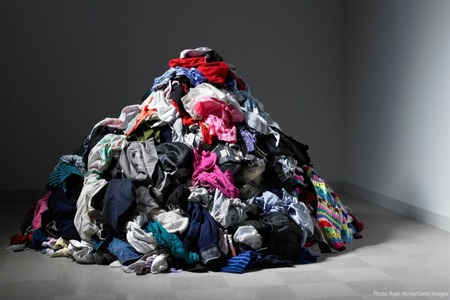
EPR programs gain momentum for fashion waste reduction
YarnsandFibers News Bureau 2024-01-31 16:44:53 – United KingdomClimate action non-profit Waste and Resources Action Program (WRAP) reports a growing global momentum for Extended Producer Responsibility (EPR) programs, particularly in the fashion industry. While existing frameworks for reducing fashion waste are limited, WRAP's head of EPR, Jordan Girling, anticipates a significant increase in EPR systems for textiles over the next decade.
The push for a mandatory EPR system for textiles is a response to the EU Strategy for Sustainable and Circular Textiles, introduced in March 2022. Producers within the EU are set to be responsible for collecting textile waste before it reaches landfills by 2025. The program estimates an EPR cost of 0.12 euros per item for clothing, shoes, blankets, rugs, bed linens, and curtains. This regulation aims to encourage producers to reduce overproduction and increase investments in circular products by holding them accountable for waste management expenses.
France stands out as one of the few nations with an established and active EPR program for textiles, implemented in 2008. According to WRAP data, France's textiles EPR has tripled textile collection and recycling rates since its inception, achieving post-consumer textile material recovery rates of up to 90%.
As of last year, Hungary and the Netherlands had additional textile EPR programs in place. While Australia currently operates a voluntary system for producers, Sweden and Spain are planning to implement their own EPRs for textiles. Potential textile EPR laws are also in the planning, drafting, or consideration stages in California, the UK, Norway, Chile, Italy, Bulgaria, and the United States.
Market Intelligence
Ask for free sample Report

experience
Customer Base
dedicated team
Countries Served Worldwide









